All Stories
-
 Health & Medicine
Health & Medicine‘Cancer moonshot’ launch prep under way
Details are trickling out for the president’s proposed “cancer moonshot,” but plan for launch is still months off.
By Laura Beil -
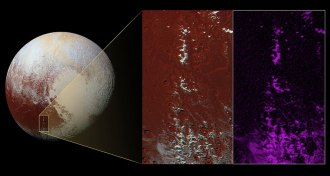 Planetary Science
Planetary ScienceMountains on Pluto are a winter wonderland of methane snow
On Pluto, methane snow blankets mountain tops.
-
 Climate
ClimateHurricane frequency dropped during 17th century ‘Little Ice Age’
Atlantic hurricane activity fell around 75 percent when the sun dimmed from 1645 to 1715, a new analysis of shipwrecks and tree rings suggests.
-
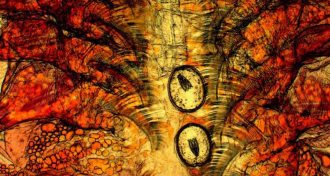 Animals
AnimalsParasites help brine shrimp survive toxic waters
When brine shrimp are infected with tapeworms, the tiny aquatic organisms survive better in warm waters and in those laced with toxic arsenic.
-
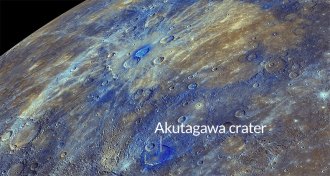 Planetary Science
Planetary ScienceMercury’s dark secret revealed
Graphite from Mercury’s primordial crust might be responsible for making the innermost planet darker than the moon.
-
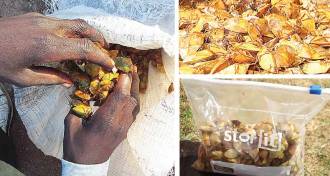 Animals
AnimalsEat your stinkbugs
Prepared as a snack by some groups in southern Africa, the stinkbug Encosternum delegorguei is a good source of protein and antioxidants.
-
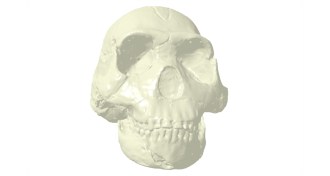 Paleontology
PaleontologyFree virtual fossils for everyone
MorphoSource.org archives 3-D images of bones from over 200 genera of both living and extinct animals.
By Erin Wayman -
 Health & Medicine
Health & MedicineMind’s healing powers put to the test in new book
Cure: A Journey Into the Science of Mind Over Body investigates the brain’s role in keeping people healthy.
-
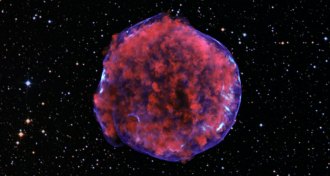 Science & Society
Science & SocietyHistorian puts new spin on scientific revolution
The Invention of Science offers readers an unconventional perspective on the origins of modern science.
-
 Health & Medicine
Health & MedicineBrazil study strengthens link between Zika virus, birth defects
In a study of pregnant women in Brazil, nearly 30 percent of those infected with Zika virus had babies with fetal abnormalities.
By Meghan Rosen -
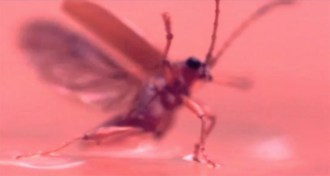 Animals
AnimalsThese beetles use surface tension to water-ski
Waterlily beetles are in for a fast and bumpy ride as they fly across ponds, researchers find.
-
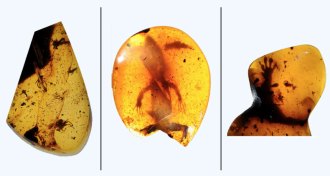 Paleontology
PaleontologyLizards locked in amber provide clues to reptile evolution
Amber-encased lizard remains that date to 99 million years ago may shed light on the evolution of geckos and chameleons.